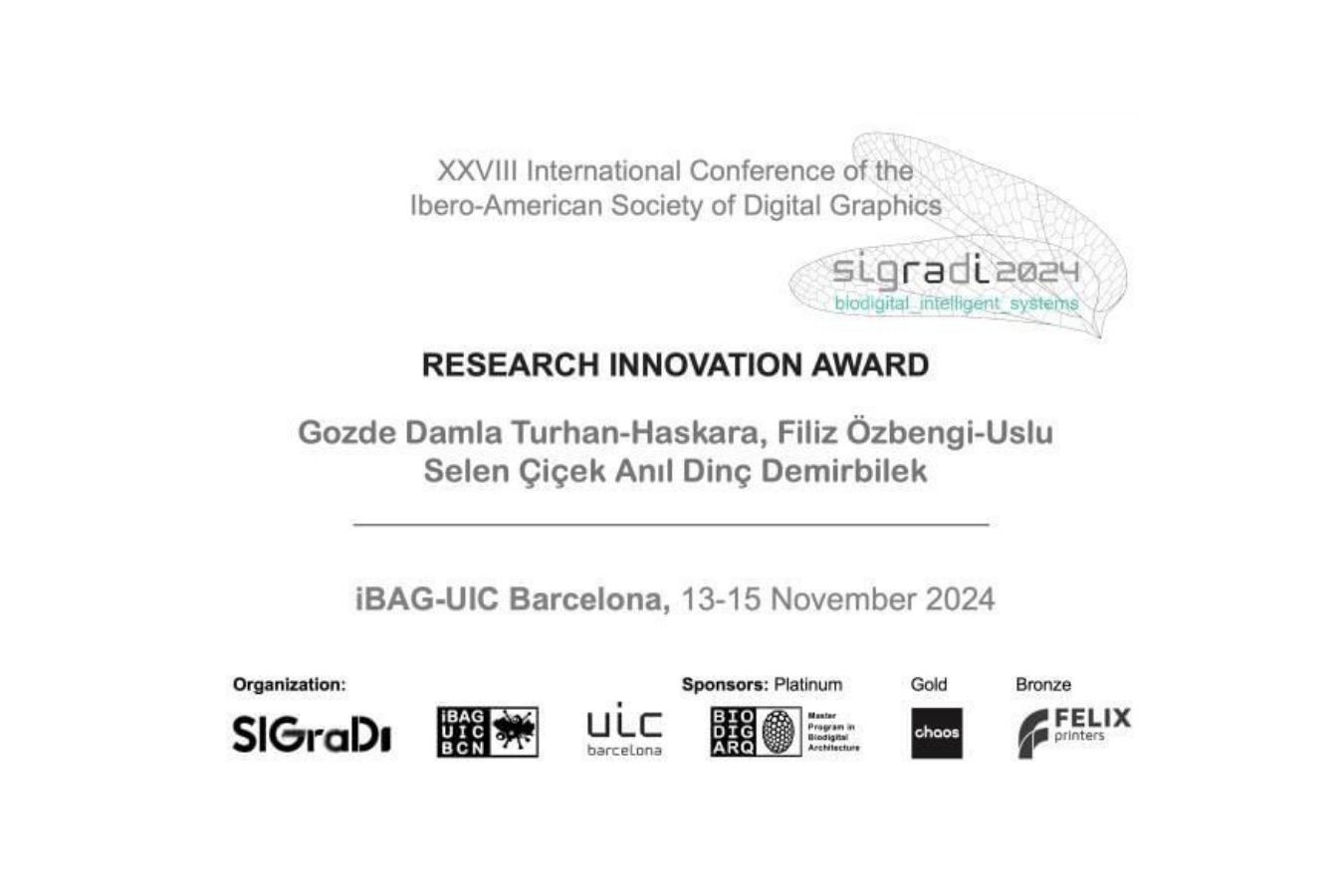
DSS2025 PROGRAM
The DSS2025 Theme focuses on alleged “failures” in design research, design writing and publishing, and seeing mishaps as opportunities for ...
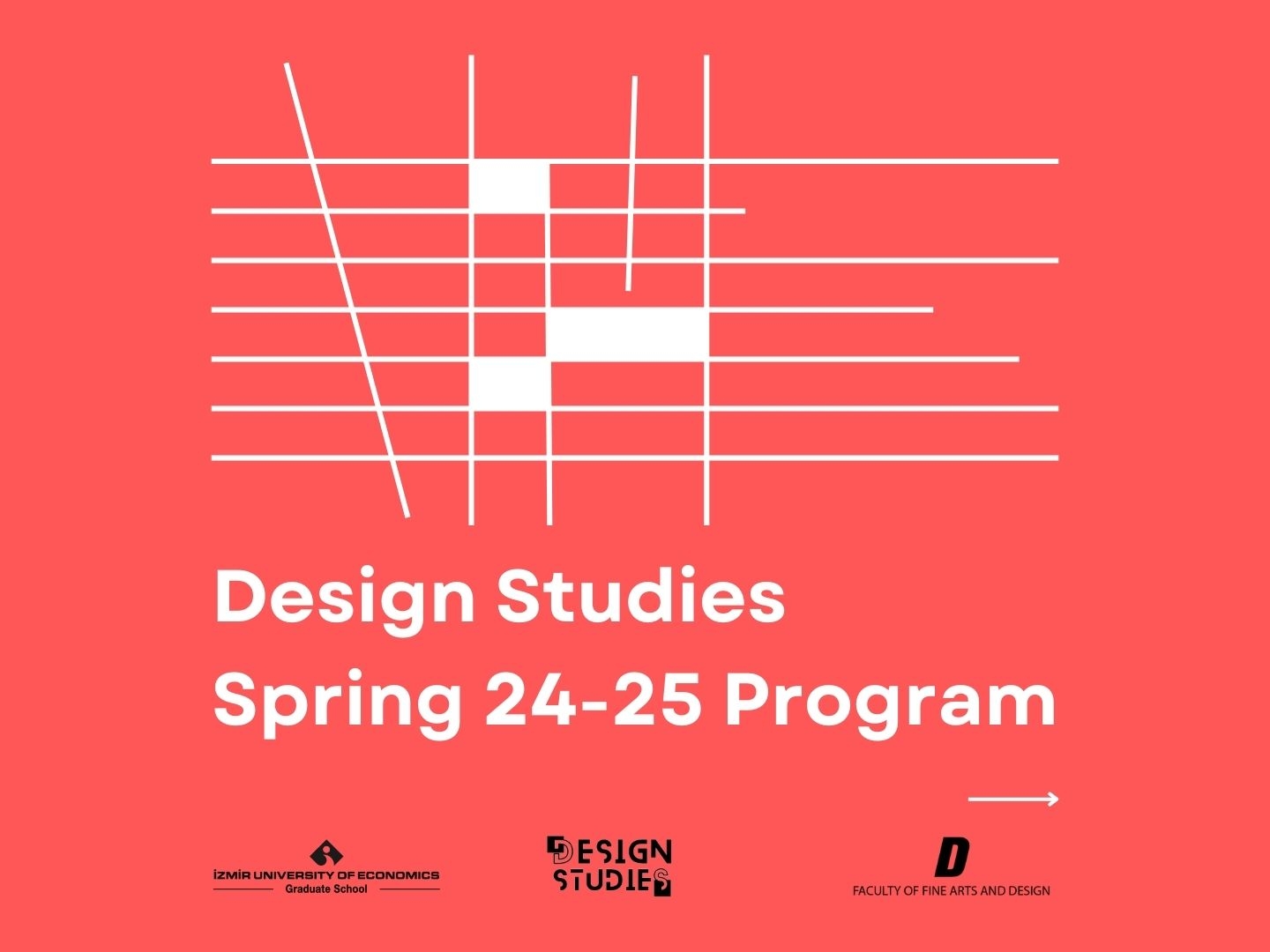
DESIGN STUDIES SPRING 2024-2025 PROGRAM
DESIGN STUDIES SPRING 2024-2025 PROGRAM You may select from the pool of courses, with priority given to 5XX courses for Master's and 6XX courses ...
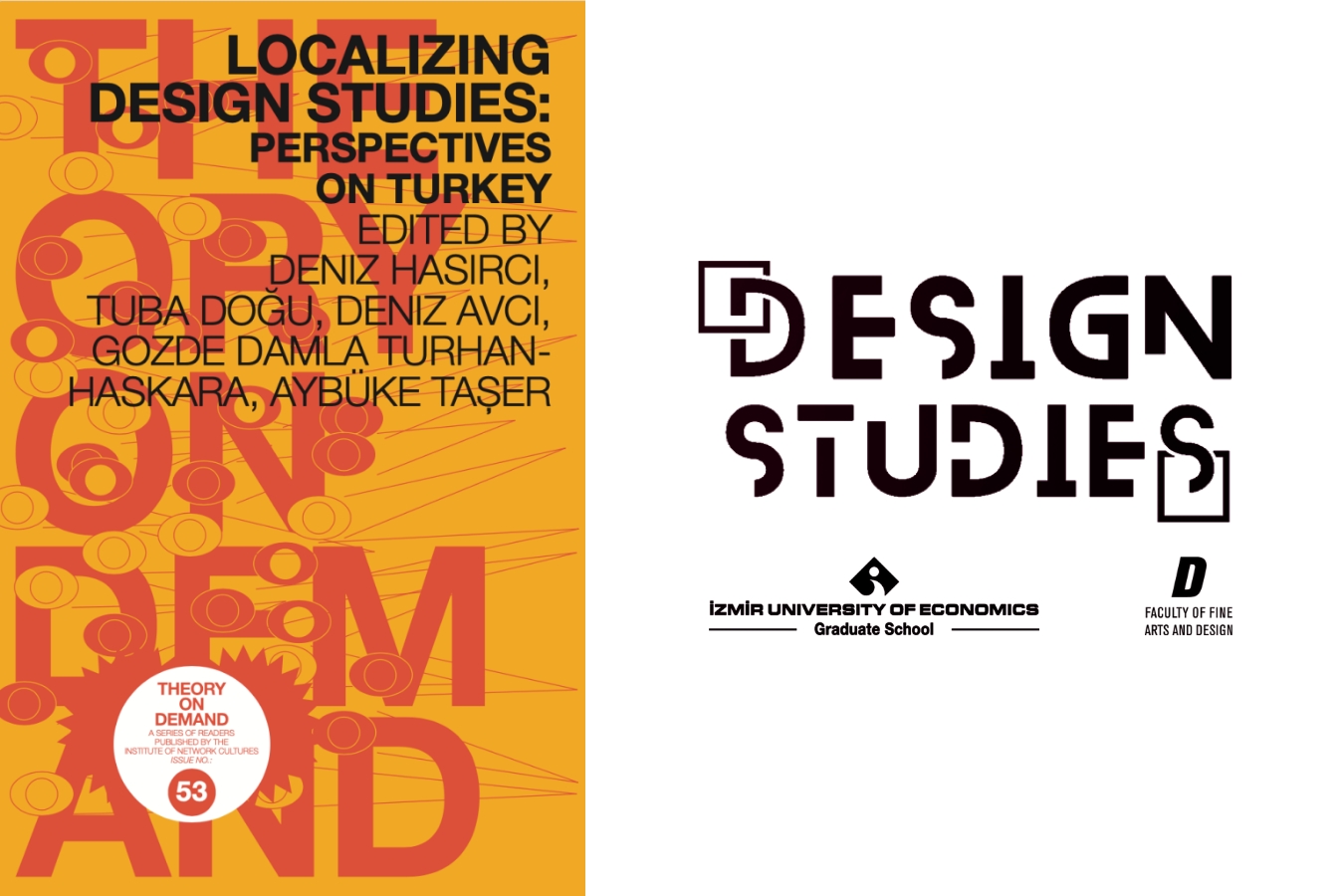
Book is out: "Localizing Design Studies: Perspectives on Turkey"
"Localizing Design Studies: Perspectives on Turkey" (Deniz Hasirci, Tuba Doğu, Deniz Avci, Gozde Damla Turhan-Haskara, Aybüke Taşer (eds.)) has just ...
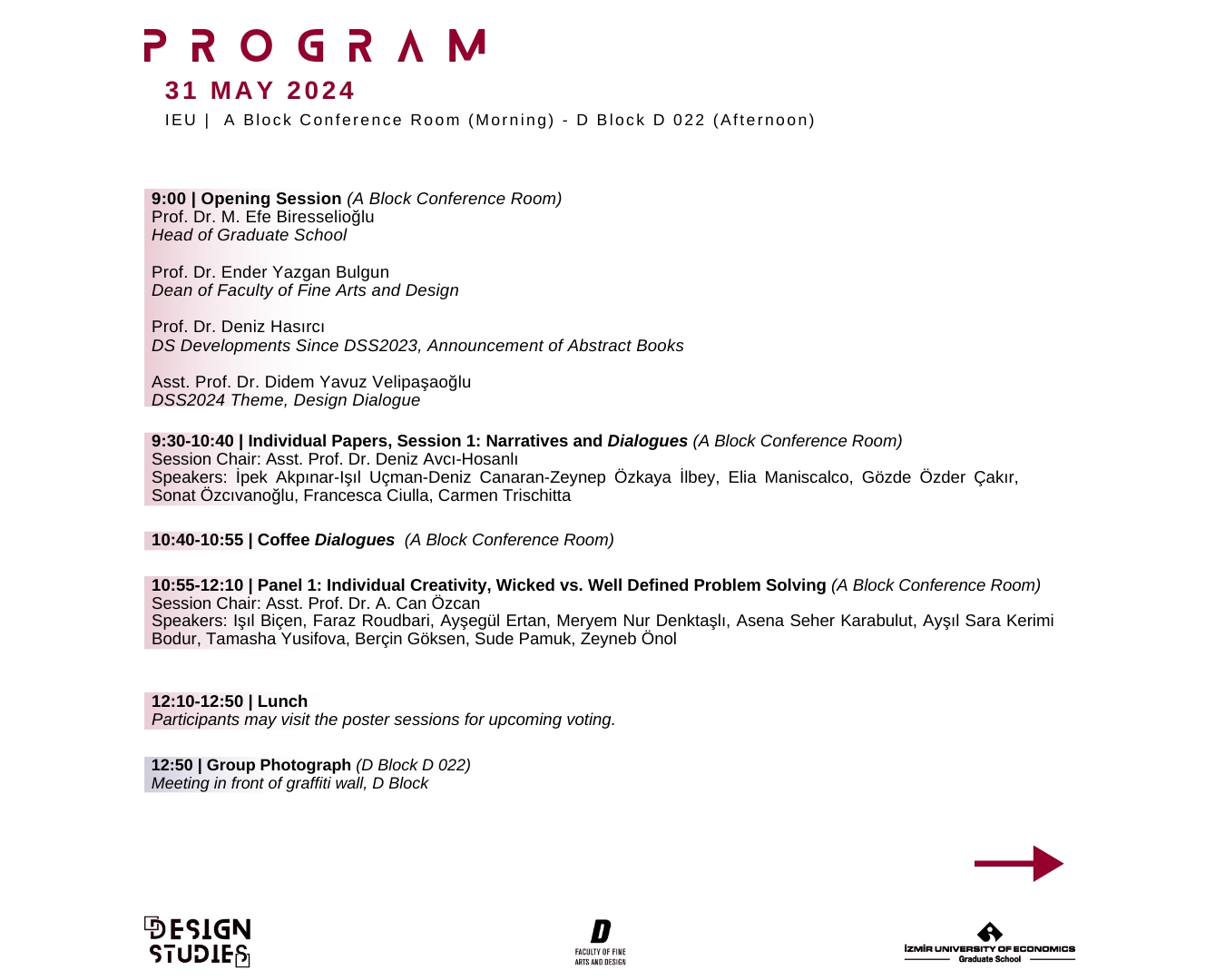
DSS2024 DESIGN STUDIES SYMPOSIUM – DESIGN DIALOGUEs
DSS2024 DESIGN STUDIES SYMPOSIUM – DESIGN DIALOGUE The Design Studies Graduate Program and the Faculty of Fine Arts and Design at ...
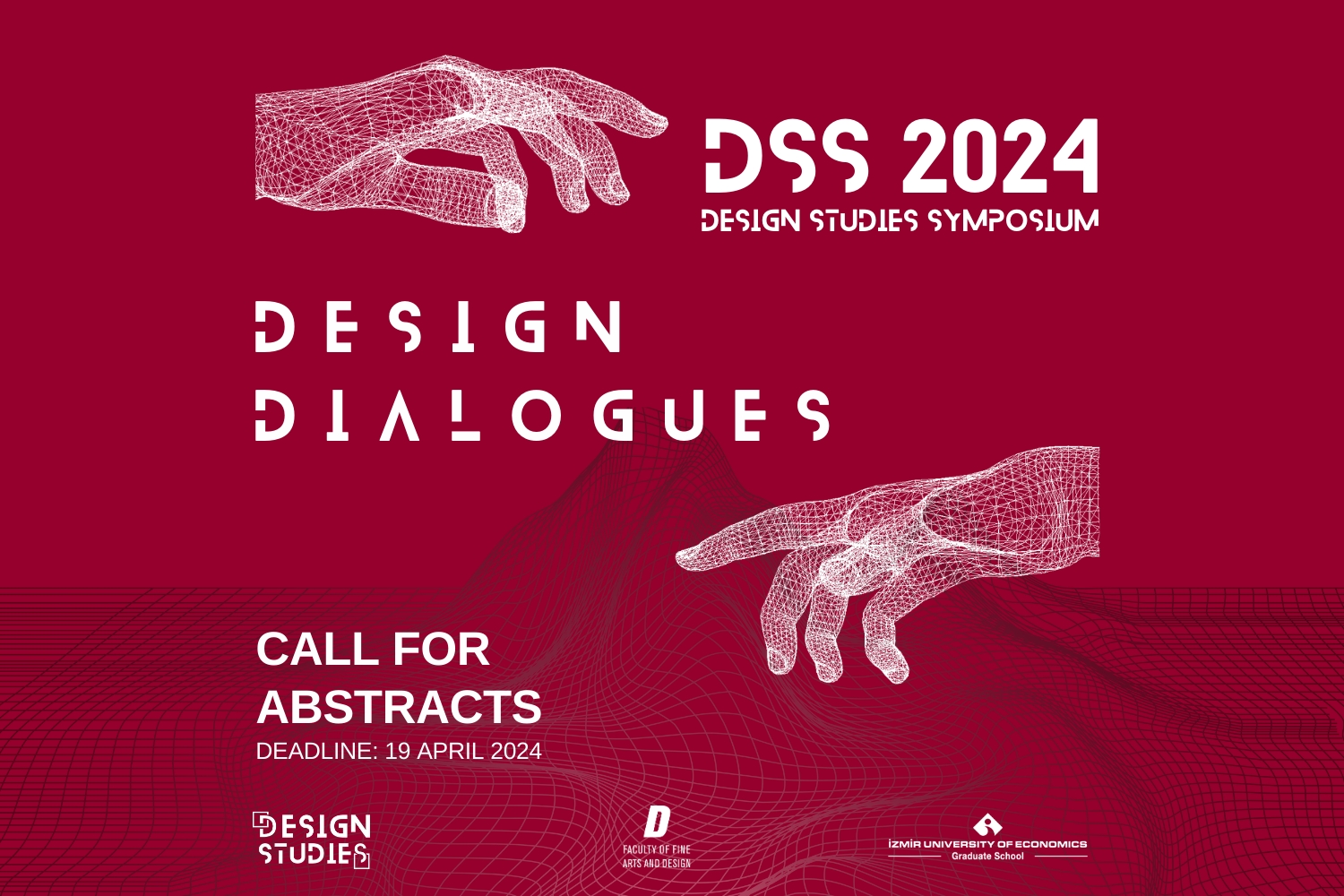
DSS 2024 CALL FOR PAPERS | THEME: DESIGN DIALOGUES
DSS 2024 CALL FOR PAPERS THEME: DESIGN DIALOGUES The Design Studies Graduate Program and the Faculty of Fine Arts and Design at ...
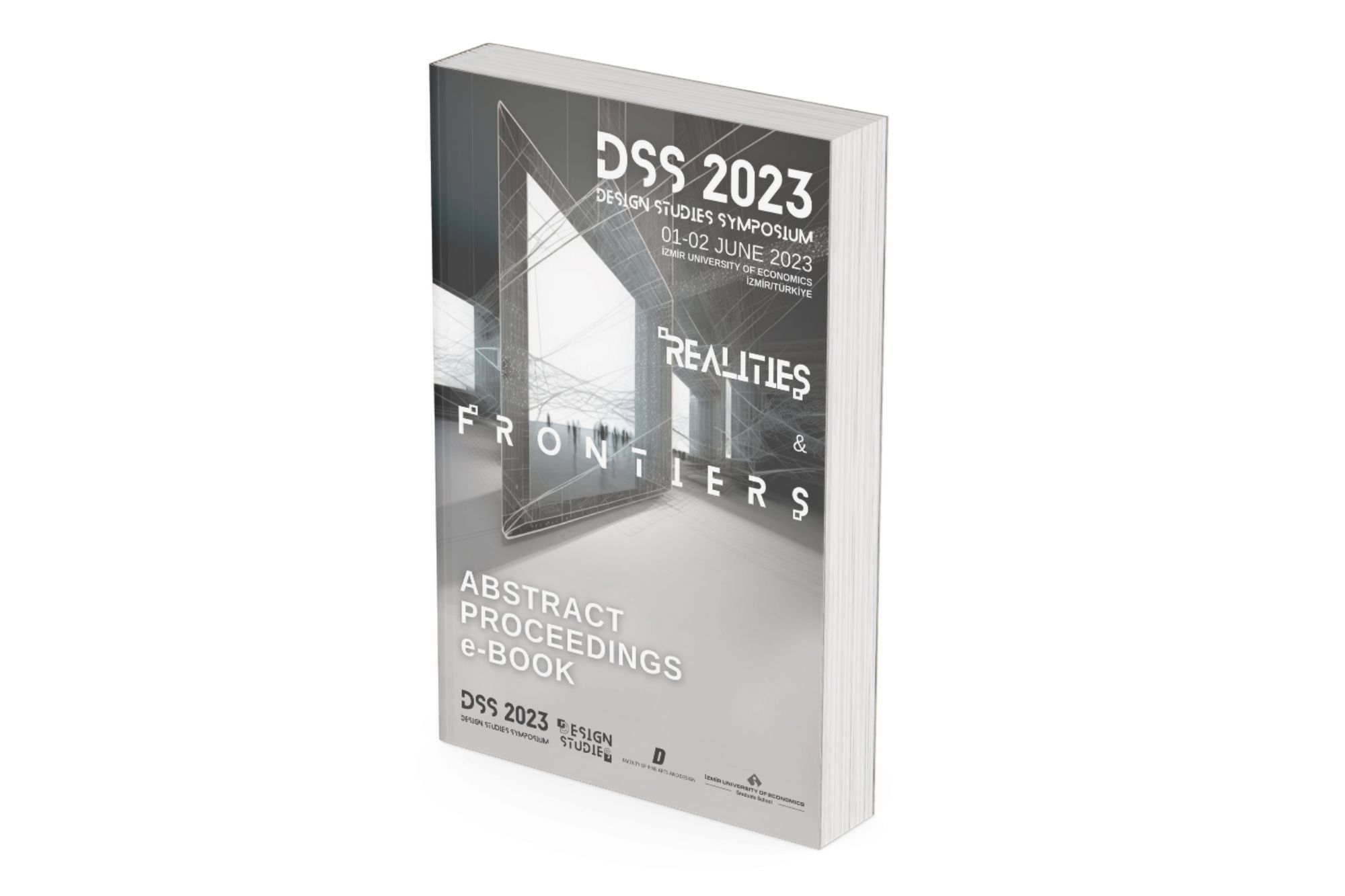
Abstract Proceedings e-Book for the Design Studies Symposium 2023 is available now!
The Design Studies Symposium 2023 (DSS 2023), organized in collaboration with İzmir University of Economics Graduate School Design Studies Master's ...
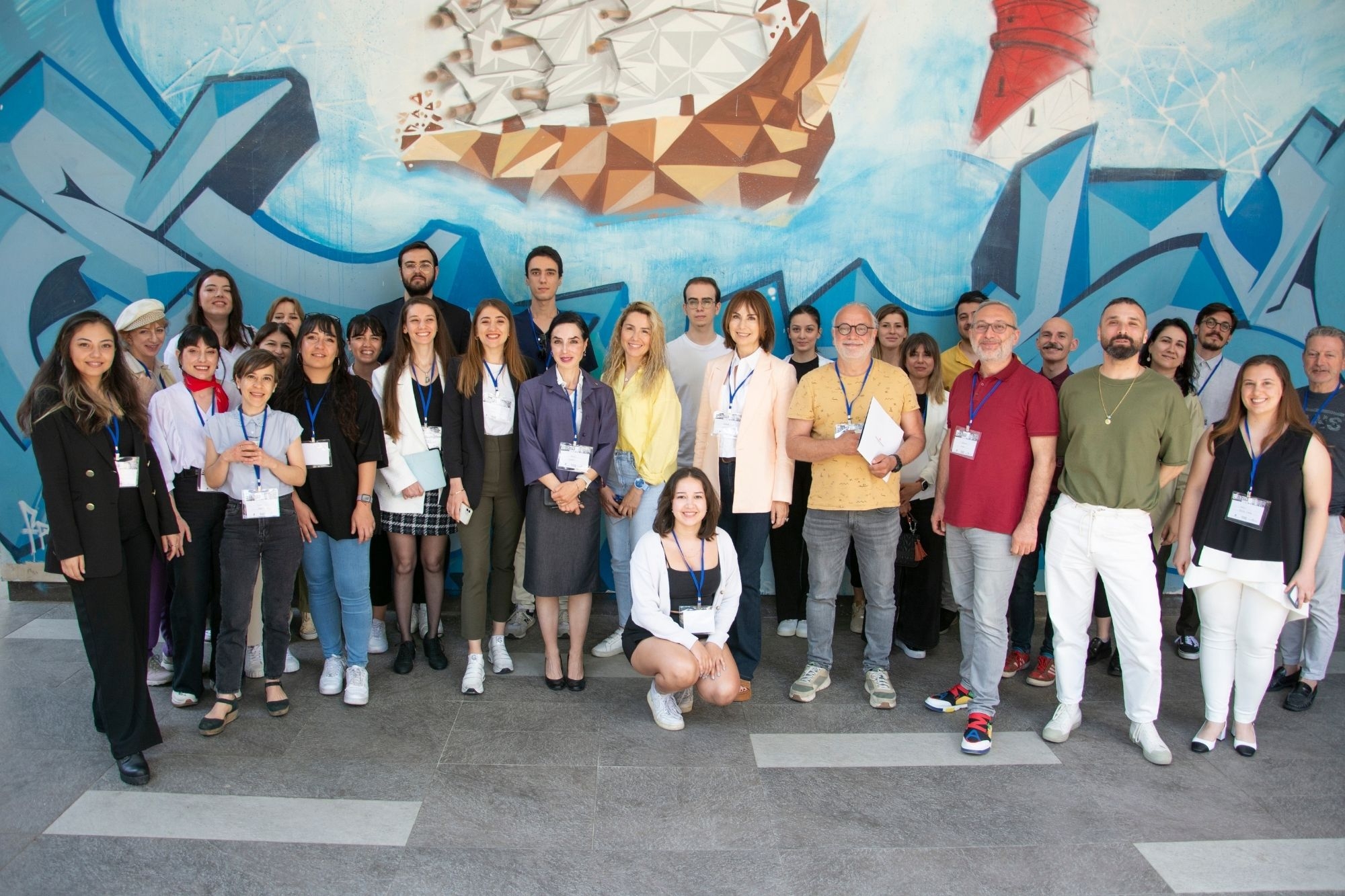
Design Studies Symposium 2023: Realities & Frontiers
The Design Studies Symposium 2023 (DSS 2023) organized by the IEU Graduate School Design Studies programs was held on 1-2 ...













